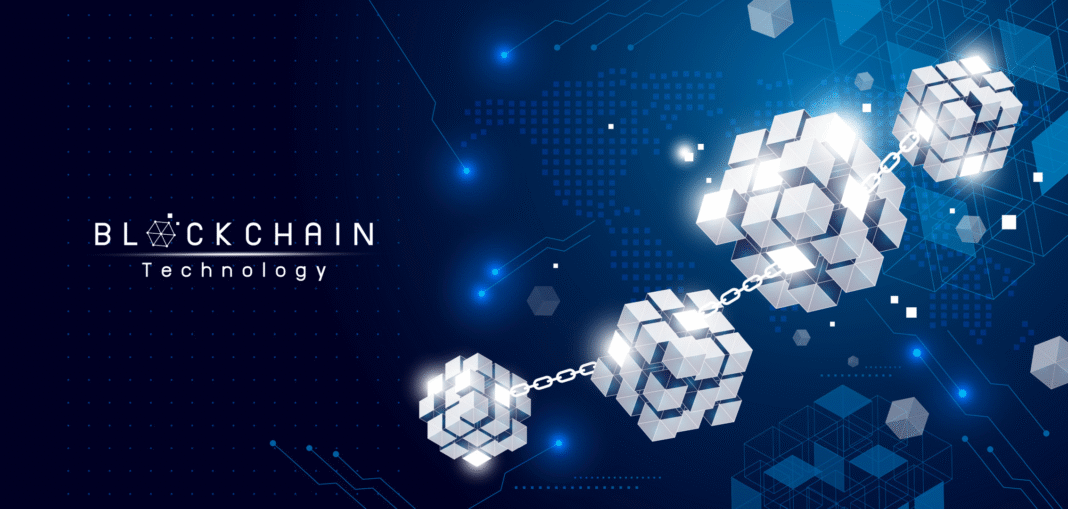Imagine you have a very important register or ledger where you write down every single transaction – who paid whom, how much, and when. Now, imagine this register is not kept by one person or one bank, but by thousands of people (or computers) all over the world, simultaneously. That’s the core idea of Blockchain.
How Blockchain Works as a Decentralized Ledger
Here’s a simple explanation of how blockchain works and why it’s key to cryptocurrencies:
- A Digital Notebook (Ledger):
- Blockchain is like a diary that lists every cryptocurrency transaction, like “Priya sent ₹1,000 worth of Bitcoin to Raj.” This diary is called a ledger.
- Instead of being stored in one bank’s computer, this ledger is copied across thousands of computers (called nodes) worldwide, including in India.
- Adding Transactions in Blocks:
- Every transaction is grouped into a block, like a page in the diary. For example, one block might include 100 transactions.
- Each block is locked with a special code (like a digital seal) using cryptography, so no one can change it.
- Chaining Blocks Together:
- Blocks are linked in a chain (hence “blockchain”). Each block has a code that connects it to the previous one, making it impossible to change old transactions without breaking the chain.
- This ensures every transaction is permanent and trustworthy.
- Decentralized and Shared:
- Everyone on the network (like Bitcoin users in Mumbai, Delhi, or anywhere) has the same copy of the blockchain. If someone tries to cheat (e.g., change a transaction), other computers check and reject it.
- In India, this is like a village panchayat where everyone agrees on the truth, not just one leader.
- Verification by the Network:
- When you send cryptocurrency, computers (nodes) use rules like Proof of Work (solving complex math) or Proof of Stake (staking crypto) to verify it’s real.
- Once verified, the transaction is added to the blockchain, and everyone’s ledger updates.
Role in Cryptocurrencies
Blockchain is the backbone of cryptocurrencies, making them safe, transparent, and independent. Here’s how it helps in an Indian context:
- No Need for Banks:
- In India, many people use apps like Paytm or bank accounts for digital money, but these are controlled by companies or banks. Cryptocurrencies use blockchain, so you don’t need a bank.
- For example, if Anil in Chennai sends Bitcoin to his sister in Dubai, blockchain records it securely without a bank’s fees or delays.
- Secure Transactions:
- Blockchain uses secret codes to protect your money. Only you, with your private key (like a password), can send your crypto.
- This is important in India, where online scams are a concern. Blockchain makes it hard for hackers to steal or fake transactions.
- Transparency for Trust:
- Every transaction is public on the blockchain (though your name is hidden, just a code). Anyone can check it, like a public record book.
- For Indians new to digital money, this openness builds trust, as no one can secretly change the records.
- Fast and Cheap Global Transfers:
- Sending money abroad from India through banks can take days and cost high fees (e.g., ₹500 for ₹10,000). Blockchain lets you send crypto in minutes for a small fee (e.g., ₹50).
- This is great for Indian workers sending money home from Gulf countries.
- Supports New Uses:
- Beyond cryptocurrencies, blockchain in India is used for things like digital land records (in states like Andhra Pradesh) or secure voting systems, showing its power beyond just money.
Example for Clarity
Imagine a vegetable market in Mumbai where every sale is written in a shared notebook. Everyone—buyers, sellers, and shopkeepers—has a copy. If someone tries to change a sale (like saying they paid more), others check their notebooks and say, “No, that’s wrong!” Blockchain works like this, keeping cryptocurrency transactions honest and safe without a bank.
In short, blockchain is like a super-secure, shared digital diary that makes cryptocurrencies like Bitcoin work without banks. It’s safe, fast, and trusted, perfect for Indians exploring digital money. If you want to learn how to use blockchain-based apps or more about crypto in India, let me know!




